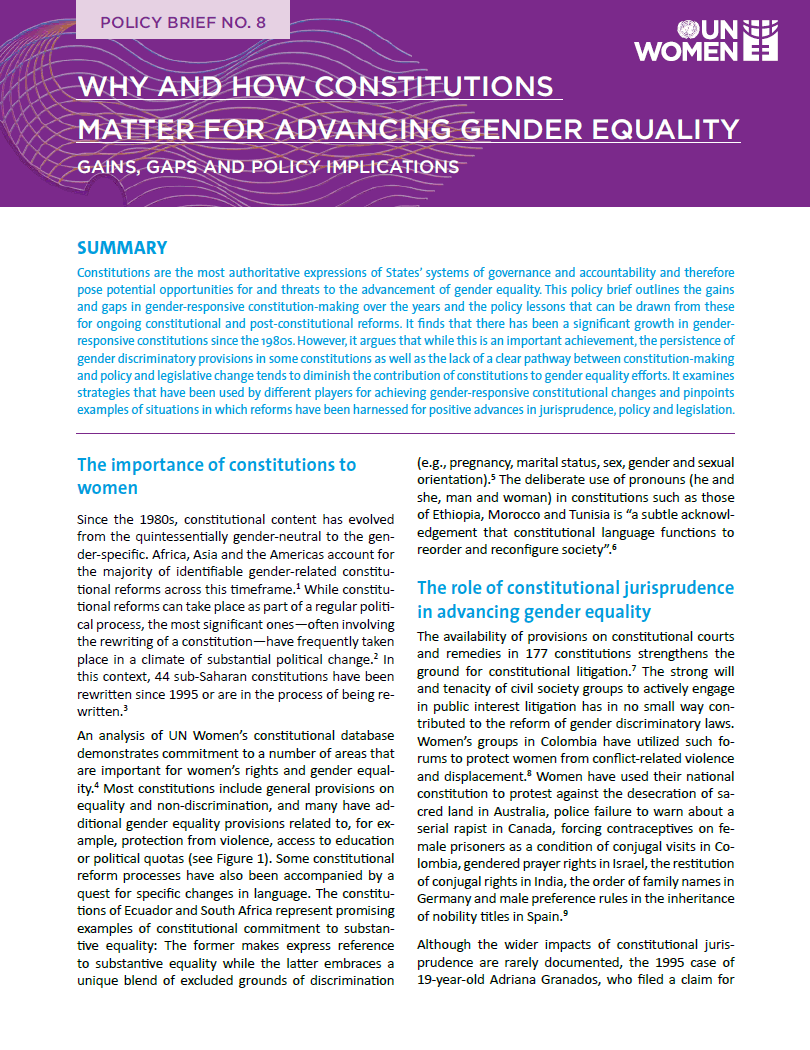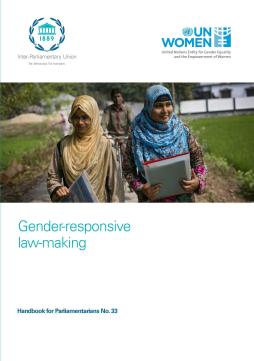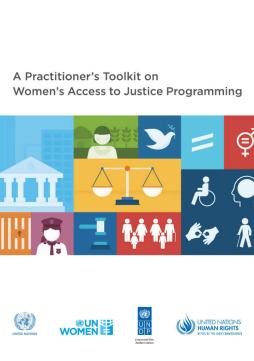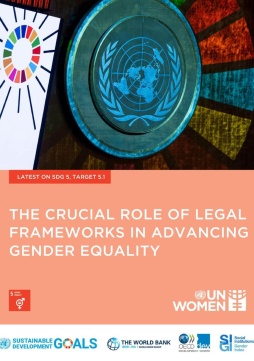Why and how constitutions matter for advancing gender equality: Gains, gaps and policy implications
This brief synthesizes research findings, analysis and policy recommendations on the gains and gaps in gender-responsive constitution-making, and was produced for the UN Women policy brief series.
Constitutions are the most authoritative expressions of States’ systems of governance and accountability and therefore pose potential opportunities for and threats to the advancement of gender equality.
This policy brief outlines the gains and gaps in gender-responsive constitution-making over the years, and the policy lessons that can be drawn from these for ongoing constitutional and post-constitutional reforms. It finds that there has been a significant growth in gender-responsive constitutions since the 1980s. However, it argues that, while this is an important achievement, the persistence of gender-discriminatory provisions in some constitutions as well as the lack of a clear pathway between constitution-making and policy and legislative change tends to diminish the contribution of constitutions to gender equality efforts.
The brief examines strategies that have been used by different players for achieving gender-responsive constitutional changes and pinpoints examples of situations in which reforms have been harnessed for positive advances in jurisprudence, policy and legislation.









